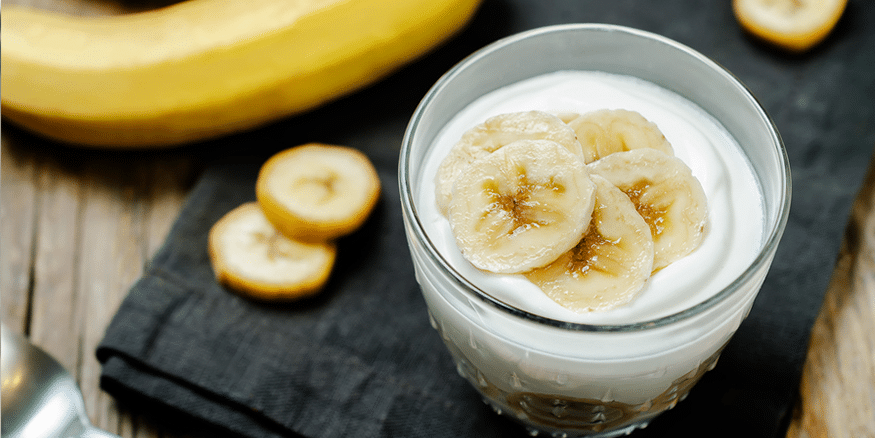
Diet for Short Bowel Syndrome
What is short bowel syndrome?
Short bowel syndrome (SBS) is a malabsorptive condition in which more than 50% of the intestine is surgically removed. Symptoms include chronic diarrhea (or high output ostomy), dehydration, cramping, bloating and heartburn. Malnutrition is a common issue when a person is unable to absorb adequate water, vitamins, minerals, and other nutrients from food. The goals of nutrition care are to minimize symptoms and provide sufficient calories and nutrients to meet an individual’s needs.
What influences the absorption of nutrients in SBS?
There are certain factors that affect the absorption of nutrients in short bowel syndrome. Firstly, because the remaining bowel adapts to absorb and digest food, the condition and ability of this remaining bowel is important. Secondly, the extent and site of resection plays a role in dietary restrictions and requirements. The presence or absence of the terminal ileum will affect the absorption of fats and vitamin B12. Bile salts (which are essential for fat absorption) enter the gastrointestinal tract from the gallbladder and are reabsorbed in the terminal ileum. When the terminal ileum is removed, bile salts cannot be reabsorbed. They are then excreted in the stool, thereby causing the unabsorbed fat to also be excreted (steatorrhea).
The presence of fat in the colon causes additional problems. This fat binds with calcium in the stool, preventing the normal combining of calcium and oxalate. Oxalate, which would normally be excreted in stool, instead is absorbed through the colon and excreted in higher than normal amounts in urine. This can lead to oxalate kidney stones. The absence of the ileocecal valve is also important in reducing diarrhea since it slows the transit time and prevents bacterial contamination from the colon to the small bowel.
What diet can reduce the symptoms of SBS?
- Small, frequent meals. Five to six small meals a day makes it easier to meet a person’s caloric and nutrient requirements.
- Liquid between instead of with meals. Drinking with meals can increase transit time leading to diarrhea, and may limit a person’s appetite with a feeling of fullness.
- High protein, low simple sugars. Protein tends to slow the transit time of food, whereas simple sugars like juices or sweet foods can contribute to diarrhea.
- Low fat (especially for people experiencing steatorrhea or people missing their terminal ileum). If fat malabsorption is occurring, supplements of vitamins A, D, E, and K are also recommended.
- Low oxalate (for people missing their terminal ileum). High oxalate foods include: strawberries, spinach, rhubarb, chocolate, beets, tea, nuts, and wheat bran.
- Foods that may control diarrhea are also recommended. These include bananas, oatmeal, rice, tapioca, applesauce, yogurt, etc.
- Multivitamin; magnesium, calcium, and iron supplements (if duodenum removed); Vitamin B12 (if terminal ileum removed).
Conclusion
Short bowel syndrome involves the adaptation of the intestine following a major surgical resection. Many people are initially on total parenteral nutrition (feeding intravenously) post-surgery. Depending on the extent of the resection, a person may be able to resume an oral diet within a few weeks of surgery.
However, for some people, total parenteral nutrition may be a necessity for long-term nutrition support. An oral diet of small, frequent meals, high protein, low simple sugars, (low fat and/or oxalate for the absence of the terminal ileum) and liquid between meals may help reduce the symptoms of short bowel syndrome. People with short bowel syndrome should see a dietitian for an individualized plan to optimize their nutrient intake.















